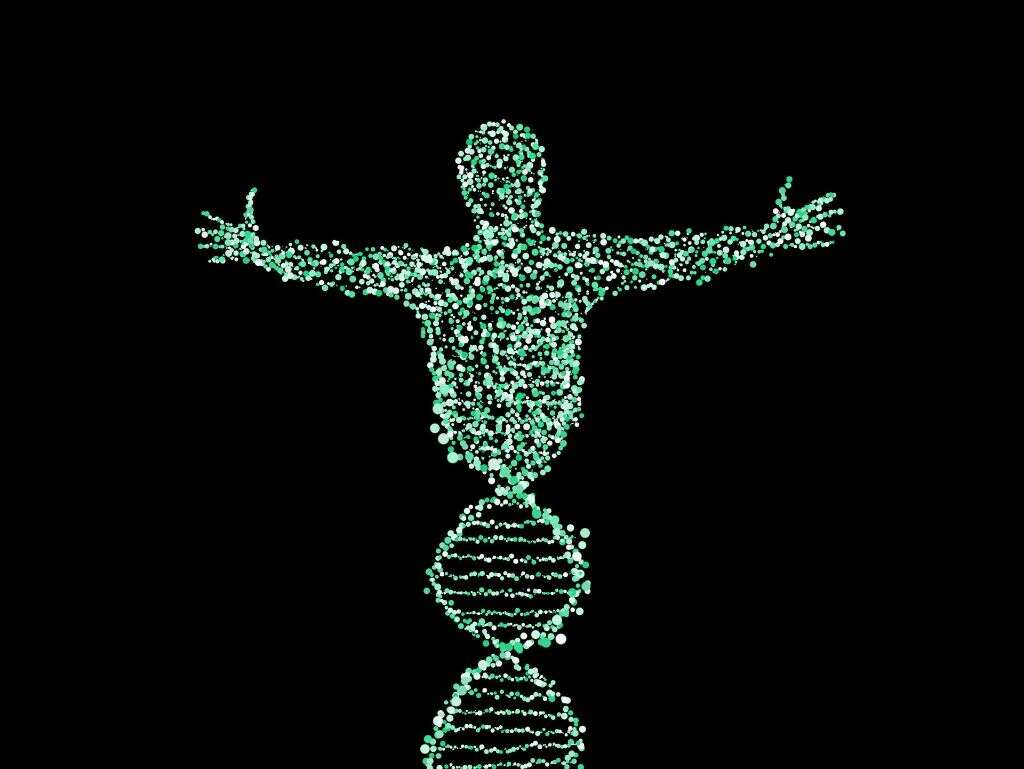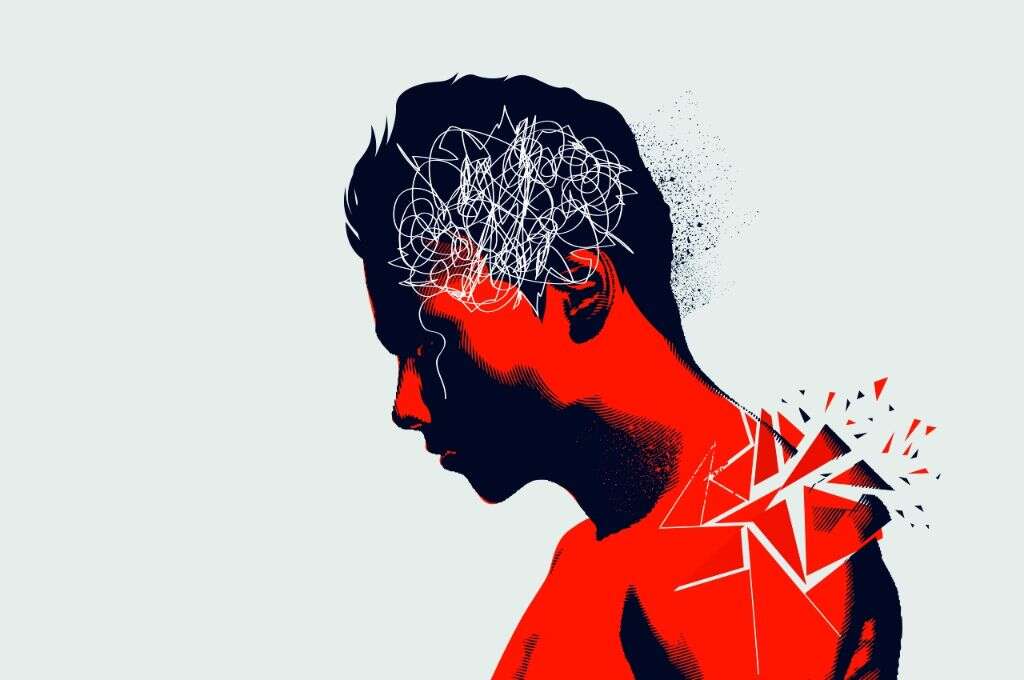What Is Munchausen?
Munchausen syndrome, now defined as a factitious disorder imposed on one’s self, is a mental illness. A person suffering from this condition goes to extreme lengths to cause symptoms related to other physical, cognitive or emotional disorders. Patients will often cause themselves physical harm to prove they have an ailment, and they happily undergo risky tests and painful procedures. These patients want the attention that genuinely sick individuals receive.
Unfortunately, people with factitious disorders are hard to treat and spot because they often present with real symptoms of other conditions. Therefore, doctors and loved ones of suspected Munchausen patients need to understand the disorder and watch for potential warning signs. The following FAQs can help you identify worrisome behaviors in yourself and others and point you to professionals who may be able to help.

1. How Can You Tell If Someone You Love Suffers from Munchausen?
Munchausen patients often exhibit particular habitual behaviors. For example, many people with factitious disorders have an uncanny knowledge of medical terminology and hospitals. They may show a strange willingness or eagerness to have medical procedures, tests or surgeries. Also, they may enter a predictable cycle of recovery and relapse. If you live with someone suffering from Munchausen, he or she may only experience new symptoms when alone.
Doctors can spot patients with factitious disorders in a few ways. First, their medical history will show inconsistencies. Treatments may have little impact on the symptoms, and symptoms may change after treatment begins. The presence of multiple surgical scars can also be an indicator of a more significant and psychological issue. Finally, the patient frequently expresses new symptoms when their doctor confronts them with negative test results.

2. What Are the Symptoms of a Factitious Disorder?
There are two primary symptoms of a factitious disorder: lying and self-harm. A patient’s motivation for lying about health issues is to receive attention and treatment. Psychiatrists speculate that patients are attempting to fulfill a need for compassion and care. Most times, a patient’s childhood or life trauma leads to the compulsion and desire for the attention an illness receives, which leads to dire consequences and poor life choices.
While lying is not appropriate in medical settings, the patient’s willingness to self-harm is more alarming. Many Munchausen patients enter an ER presenting with real ailments and symptoms. They often go to extreme lengths to cause blood in their urine, chest pain, loss of blood flow to limbs and other issues that require further testing.

3. Are There Any Known Causes of Munchausen Disorder?
There is not one identifiable cause for Munchausen syndrome. However, researchers believe that a combination of psychological and biological factors contribute to the disorder’s development. Some studies are also trying to identify a link between personality disorders and Munchausen because the former are common among patients.
The most plausible theories of Munchausen origins suggest emotional triggers as the leading cause. For example, a child who experiences frequent hospitalizations and illnesses may feel a need for continuing medical care as they age. Patients who suffered abuse and neglect may develop a factitious disorder to ensure empathy, compassion and care. While some evidence supports a biological predisposition for the disorder, many patients present with significant mental and emotional trauma, which may indicate a stronger link to a psychological cause rather than a chemical one.

4. How Is the Condition Diagnosed?
A Munchausen syndrome diagnosis only occurs after thorough questioning and exhaustive diagnostic testing. Unfortunately, patients make diagnosis challenging because they lie about medical histories and conjure up symptoms. As a physician, there is no option but to test and rule out other health problems. However, if medical doctors suspect a patient is lying, they can request a psychiatric consultation.
Mental health professionals are better equipped to handle the fictitious stories of a Munchausen patient, but they still must rule out other possibilities. Exclusion of physical disorders is the only way to narrow the focus down to psychological conditions. After exhaustive testing and questioning, the psychiatrist compares the results to the criteria listed in the Diagnostic and Statistical Manual of Mental Disorders to verify a Munchausen diagnosis and move forward with an appropriate treatment plan.

5. What Are the Standard Treatments for This Condition?
Psychotherapy and behavioral therapy are the standard treatment options for Munchausen patients. The goal of treatment is to determine the trigger of the behavior and to develop healthy lifestyle changes and habits. Unfortunately, many patients of factitious disorders are reluctant to seek treatment because they do not feel they have a problem. Even if patients realize they are actively hurting themselves to seek medical treatment, they do not view it as a danger or habit.
There is no medication for Munchausen syndrome specifically, but there are medications for underlying psychological conditions that may contribute to the disorder, such as depression. However, many doctors resist prescribing drugs for these patients, especially if they refuse additional treatment, because patients may abuse the medication. If you have a family member who suffers from Munchausen, try to convince him or her to work with a therapist.

6. Is There a Positive Prognosis for Patients Suffering from This Condition?
Doctors do not have a favorable prognosis for most Munchausen patients. Those suffering from factitious disorders seek every treatment and medical therapy they can, except for the therapy they really need. Sufferers fear losing their emotional connection to hospitals and doctors.
If patients refuse treatment, there is little a doctor, hospital or family can do for them. They will probably continue to abuse the healthcare system and themselves until they do egregious harm to their bodies, at which point intervention may be too late. If you want to improve your loved one’s odds, you may try to get him or her to agree to only seeing one doctor, which can help deter some unwanted behavior.

7. Are There Any Significant Medical Complications for This Psychological Disorder?
The complications associated with Munchausen are significant and severe. Patients routinely injure themselves to present with symptoms. These self-inflicted injuries can pose a substantial risk to the patients’ well-being. The fabricated symptoms also can lead to potentially invasive and risky procedures or surgeries as doctors and surgeons attempt to understand the cause of the patient’s discomfort.
Munchausen patients do not realize the severity of their condition. Underlying psychological issues may also lead to substance abuse and suicide attempts. Many patients have personality disorders or other mental illnesses such as depression, which compromise rational thinking and inhibit the understanding of consequences. While there is no way to prevent the disorder from manifesting, early intervention can have a positive impact on patients. Submitting to therapy early on can mean patients avoid more severe and potentially deadly complications.

8. Who Does This Disorder Affect?
Munchausen syndrome affects more women than men, but there is no explanation of why. Also, the disorder typically manifests in people between 20 and 40 years of age, again, with no medical explanation. There is still a great deal about factitious disorders that is unknown. Munchausen seems related to underlying psychological and personality disorders, but there is not enough data to prove the hypothesis.
Some evidence suggests that patients share similar histories of abuse or illness in their youth. Many existing patients have tragic stories of neglect and abandonment, which could explain the need for attention and care. Most of what researchers know about the disorder is speculation, but psychotherapy and behavioral therapy can work for many patients who commit to the treatment process.

9. Is the Condition Genetic?
While a familial history of depression and other mental disorders can be due to genetic ties, Munchausen does not have the same connection. Factitious disorders are more behaviorally based. Links between personality and factitious disorders exist, but there is no evidence to suggest they are causal.
Psychological conditions that are hereditary may allow for an easier transition into Munchausen disorder, but that doesn’t mean they are the cause. Upbringing and abuse seem to be the main precursors for Munchausen development, and when coupled with pre-existing psychological conditions, patients can more easily deceive themselves. However, without further research and data, it is challenging to discern a genetic link or predisposition to this condition.

10. Does Munchausen Have a Cure?
As with any mental illness, there is no cure for Munchausen, only management. Some patients only experience a single episode in their life, but the majority experience Munchausen as a recurring condition. Unfortunately, many patients will not submit to therapy, denying they are lying about symptoms. Even those people who accept help routinely struggle with the condition, which is why treatment is more focused on management and not a cure.
Munchausen syndrome, referred to as factitious disorder imposed on one’s self, is a mental illness. The outlook for this condition is not optimistic, especially without early intervention. If you suspect a loved one suffers from Munchausen, try convincing them to seek treatment.












